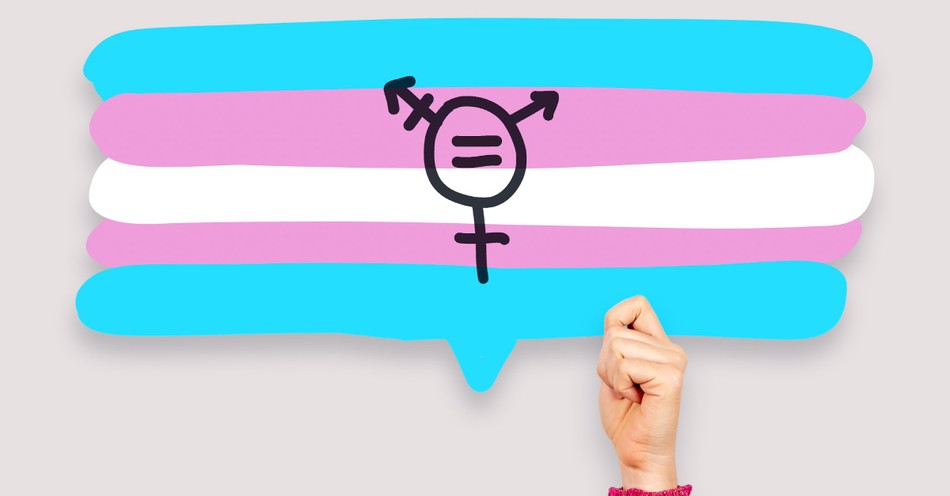A recent article in Vice described how certain “life-altering” surgeries had been deemed “non-essential” during this COVID-19 crisis. The author was talking about gender-transition surgeries, and worried that, “in the midst of the COVID-19 pandemic trans communities ... are being flooded with reports of postponed and canceled surgeries in the U.S., U.K., Spain, Thailand, and elsewhere, leading to enormous stress and disappointment on top of a global health crisis.”
Despite what the article claims and largely takes for granted, the benefits of so called “gender-affirming” surgery (a strange name for a procedure that denies one’s biological sex) in order to treat gender dysphoria is strongly disputed. The best studies, as I described in a recent BreakPoint commentary, “found that medical transition was not the solution to the patients’ problems, especially in the case of male-to-female transitions.”
In other words, such “treatment” is driven by ideology, not evidence. One of the fundamental tests of a worldview is what I call “the test of the real world.” In other words, sometimes an ideology looks great on paper, even realistic and compelling and compassionate, but fails miserably when lived out. For example, Communism.
Contemporary gender ideology not only fails this test by failing to deliver the green grass on the other side of mutilating surgery, but in a way made even more obvious in this time of crisis.
Reading the Vice piece, it occurred to me just how rare this kind of article suddenly is, when just a month ago, they were ubiquitous. In fact, in our present crisis, the piece comes across as indulgent and out-of-touch.
While the author acknowledged that “medical facilities may soon become overtaxed for everyone,” it didn’t even mention other procedures deemed “non-essential,” such as (in Massachusetts for example) colonoscopies, which can prevent colon cancer and save lives. Or hip replacement surgery, which would easily fall into the category of “life-altering” for people suffering from chronic pain.
The simple, historically obvious reality is that much of the LGBTQ movement is a luxury that only a wealthy, technologically advanced, and politically stable society can afford. Demanding that medical practitioners who were trained to heal and correct should be expected to amputate healthy organs and alter biological realities is a prerogative of a society with excess medical resources. A society that can rewrite moral codes and social norms to prevent anything, no matter how slight, that leaves anyone feeling less than fully affirmed? Let’s just say that’s rare throughout history.
To borrow from psychologist Abraham Maslow’s “Hierarchy of Needs,” we’re that rare people who can take for granted that our more basic needs will be met. Few of us have to worry, really, about food, clothing, or shelter, and next level worries, about physical safety and security, are highly mitigated for most of us. And though loneliness is certainly a growing problem, most of us have embrace the idea of family and friends on our own terms, at least.
What’s left, at the top of Maslow’s hierarchy, is self-esteem and self-actualization. Only societies able to take more essential and basic needs for granted, can seriously entertain those worries, much less reframe them as fundamental needs on par with health and basic survival.
The COVID-19 pandemic has changed this for the time being. Empty supermarket shelves, the lack of medical supplies, the threat of sickness and even death have brought more essential and basic needs to the front of our collective attention. Against this new backdrop, our demands for self-fulfillment and our complaints when those demands aren’t met seem petty and small. The reason is that they always were.
Times of personal and societal crisis can cause us to see things more clearly. Will everyone get the message? Judging by this Vice article, the answer is “no.”
But the rest of us should.
Publication date: April 1, 2020
Photo courtesy: ©Getty Images/Zakokor
The views expressed in this commentary do not necessarily reflect those of CrosswalkHeadlines.
BreakPoint is a program of the Colson Center for Christian Worldview. BreakPoint commentaries offer incisive content people can't find anywhere else; content that cuts through the fog of relativism and the news cycle with truth and compassion. Founded by Chuck Colson (1931 – 2012) in 1991 as a daily radio broadcast, BreakPoint provides a Christian perspective on today's news and trends. Today, you can get it in written and a variety of audio formats: on the web, the radio, or your favorite podcast app on the go.




